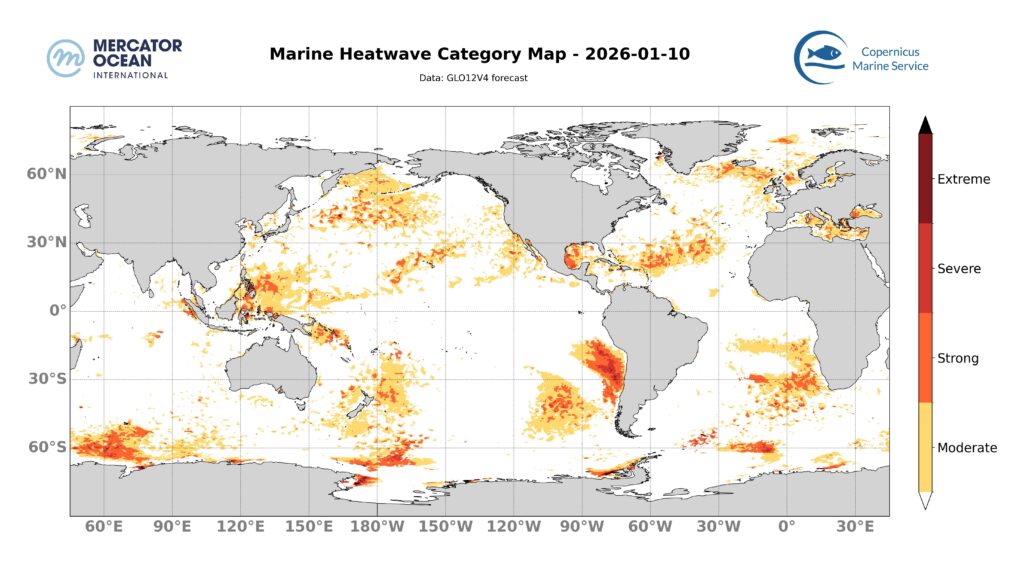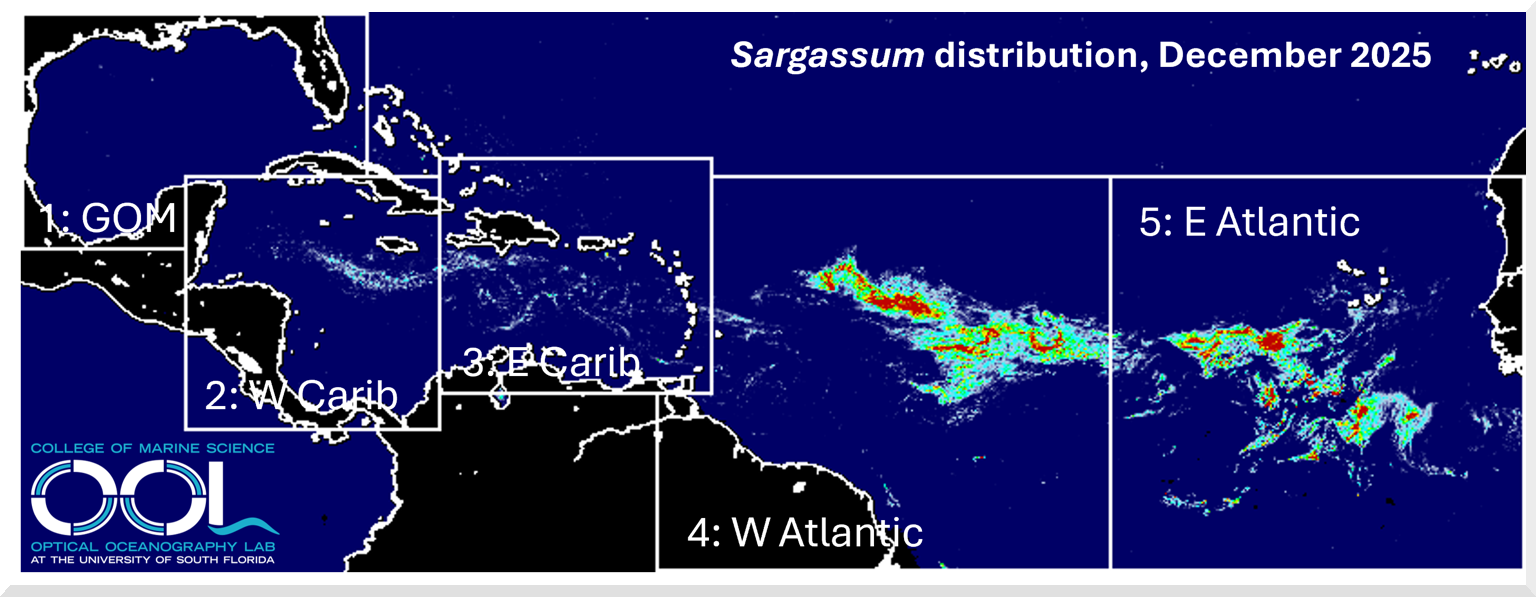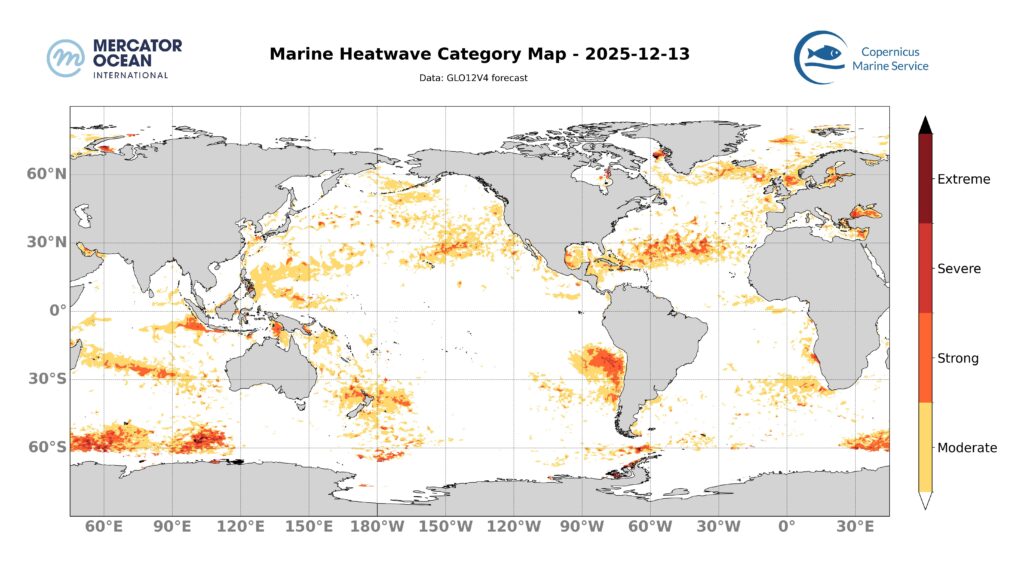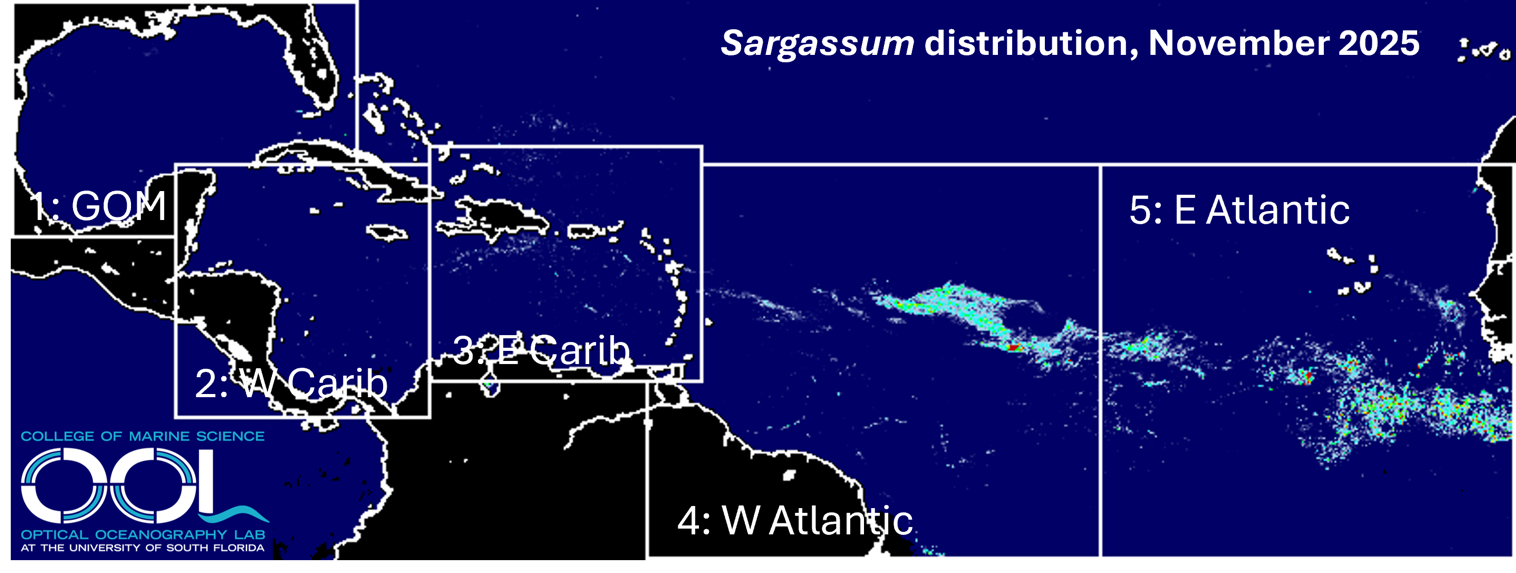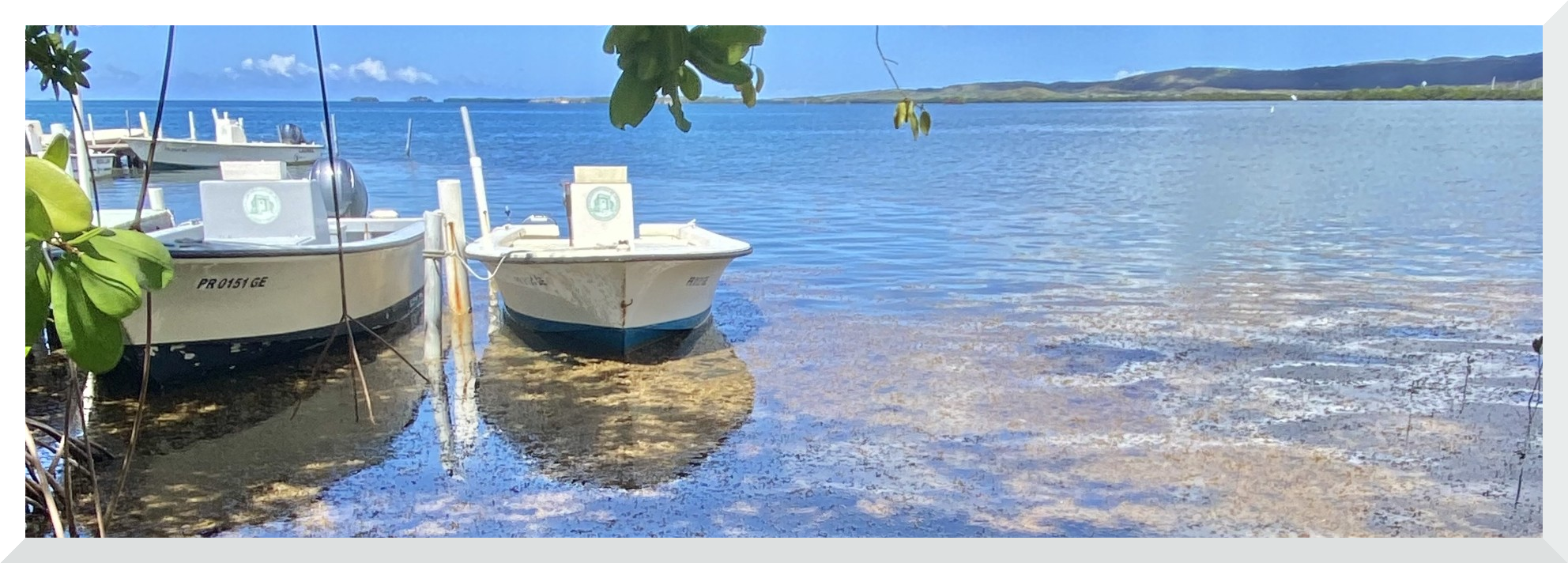This information is presented as a good faith service to the scientific community, the public in general and to our colleagues and friends. The information, views and opinions herein provided should not be viewed as formally accurate scientific data and/or advice that can be relied upon without proper verification and validation. This service should not be construed as a substitute for specific data that could be obtained though official sources. If any inaccuracy is observed, please inform CaRA as soon as possible for verification and correction, as necessary. Use of and reliance upon the information provided in this web site signifies that its user(s) understands and has(ve) accepted of the above mentioned caveat and conditions.

